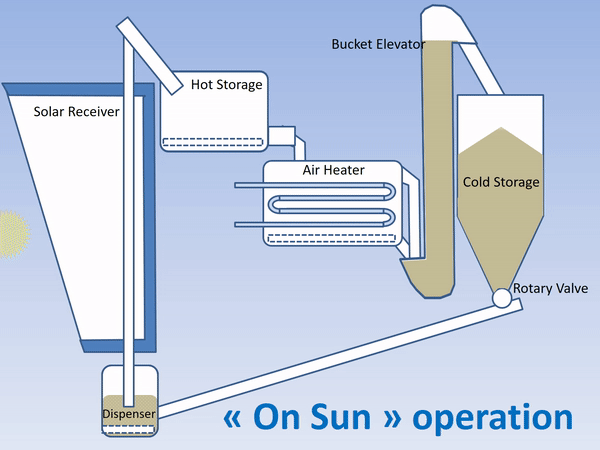AccueilHome > R&D Projects
comessa,
future-oriented
For over 100 years, COMESSA has been relying its renowned expertise and continuous commitment to quality, while remaining resolutely focused on the future.
Research & Development - Innovating through continuity
Research and Development has a central role in our approach: it enables us to continuously improve our products, optimise our processes and anticipate future needs and challenges.
Our participation in three European research projects over the last decade (Next-CSP, SOLPART and CSP2) is one example of this dynamic.
Our know-how and skills, combined with our testing laboratory, innovative design and calculation methods, enable us to propose our customers the best technology suitable to their needs, meeting the most demanding requirements in terms of reliability, safety and energy efficiency.
Developing our products without ever compromising our heritage remains our motto.
Because innovation also means keeping alive and extending the experience and passion that have been driving us since 1920.
R&D - COMESSA associated with European research projects SOLPART:

SOLPART (European Agreement Nb 654663)
High temperature reactors, solar heating, for the industrial production of reactive particles:
COMESSA is in charge of the design and manufacture of the pilot that will be used for CNRS studies (National Center for Scientific Research). The main objective of SOLPART Project is to develop, on a pilot scale, a high temperature (800-1000 ° C) solar heating process 24h / day, adapted to the treatment of particles innonmetallic mineral industries with high energy consumption (calcite, phosphate, etc.).

R&D - COMESSA associated with European research projects NEXT-CSP:

NEXT-CSP (European Agreement Nb 727762)
High Temperature concentrated solar thermal power plant with particle receiver and direct thermal storage:
COMESSA is in charge of the P&ID (Piping and Instrumentation Diagram) instrumentation / valve lists. COMESSA has also a consulting role for engineering in charge of the pilot, by its experience with the project CSP2 (Nb 282932) on which it had already worked.

